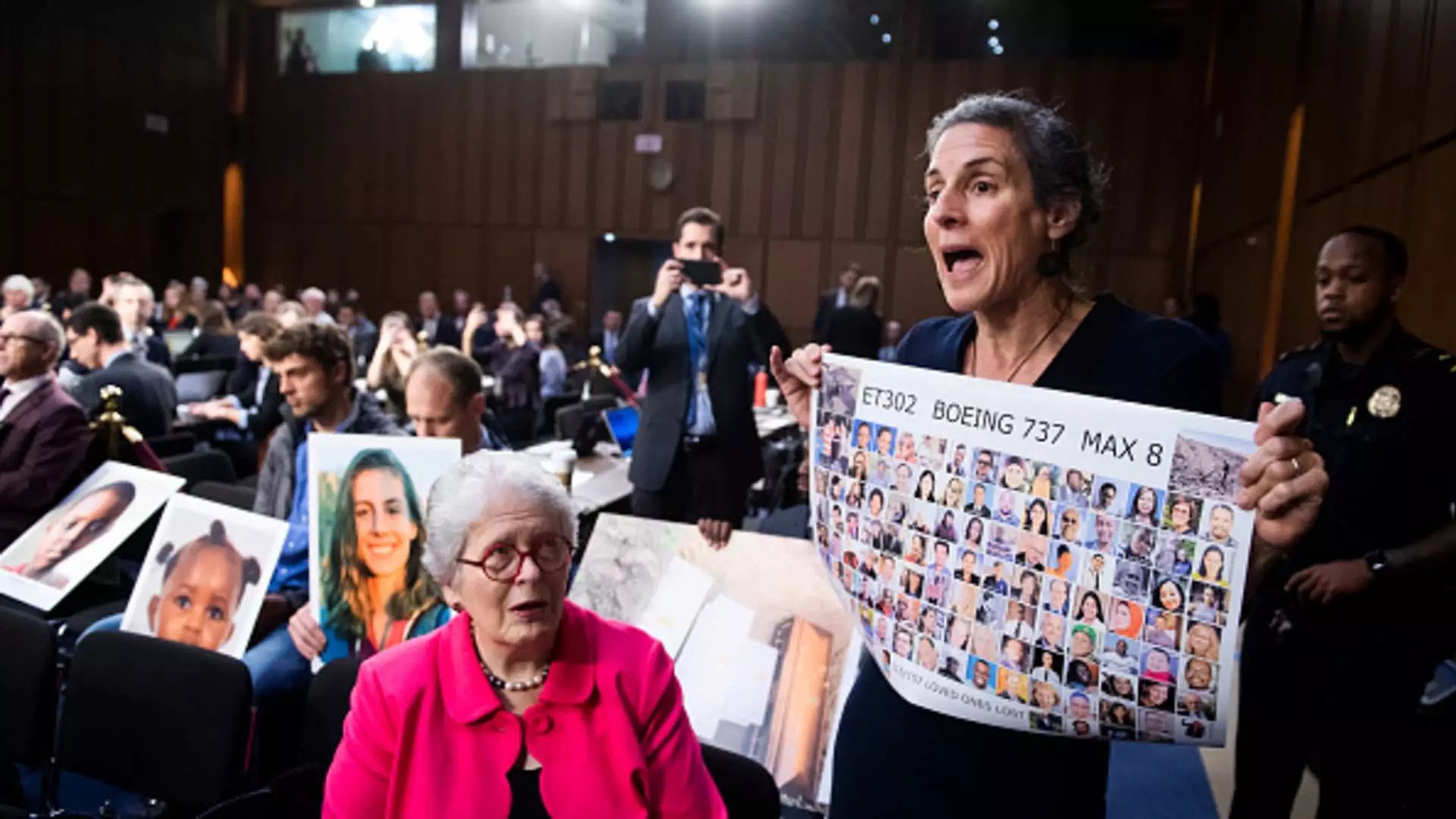The recent decision by U.S. District Judge Reed O’Connor to reject Boeing’s plea agreement related to criminal fraud charges marks a significant moment in the ongoing saga of the 737 Max aircraft and its troubling history. As Boeing strives to reclaim its reputation in the aviation industry following the catastrophic crashes of Lion Air and Ethiopian Airlines that claimed 346 lives, the legal ramifications of the company’s actions continue to unfold in a court of law. This case highlights the critical intersection of corporate responsibility, regulatory oversight, and public trust in one of the nation’s largest aerospace manufacturers.
Judge O’Connor’s concerns regarding the influence of diversity, equity, and inclusion (DEI) frameworks on the selection process for a government-appointed monitor stand at the forefront of his ruling. By questioning whether the government could set aside race-based considerations in appointing this monitor, he underscores a wider debate on how governmental and corporate accountability measures are administered and perceived. In light of the complex societal issues that are tied to modern governance and corporate culture, the emphasis on competency over diversity, particularly in matters where lives were lost, reflects a tension within the judicial overview of corporate governance.
The backdrop of this legal confrontation is the tragic series of events associated with Boeing’s 737 Max jets. The failure of this aircraft’s flight-control system, which led to fatal crashes in 2018 and 2019, has since raised questions about the ethics and transparency of Boeing’s operations and decision-making processes. Despite the federal criminal request for a plea deal—a path that would have allowed Boeing to sidestep a prolonged trial—many stakeholders, including victims’ families, have voiced their dissatisfaction with what they perceive as leniency towards Boeing.
The term “sweetheart deal” reflects a growing frustration among victims’ families who believe that a mere fine and the appointment of a monitor are insufficient penalties for the scale of Boeing’s actions. Erin Applebaum, an attorney for one of the victim’s families, encapsulated this sentiment by advocating for a reevaluation of the plea deal that matches the gravity of Boeing’s alleged transgressions. Such advocacy illuminates the broader expectations of accountability in corporate sectors, especially regarding companies that play a crucial role in public safety.
The Implications of Judicial Scrutiny
Judge O’Connor’s stance, as delineated in recent court filings, indicates that he is taking a hardline approach to ensure that the monitoring of Boeing does not get entangled in broader socio-political agendas. By demanding clarity on how Boeing’s deferred prosecution agreement (DPA) has been breached and calling for elucidation on the nature of the penalties, the judge is fostering an environment where equitable justice can prevail.
Furthermore, the court’s insistence on definitive answers from both Boeing and the Justice Department within a specified timeframe allows for an urgency that underscores the need for resolution. The ambiguity surrounding Boeing’s alleged violations of previous agreements reveals a potential systemic gap in how corporate accountability is enforced, prompting a reconsideration of existing legal frameworks governing such agreements.
Ultimately, this case raises critical questions about what accountability truly means within the context of corporate giants. The plea deal, which initially placed a cap on potential financial repercussions, has been challenged not only by the court but also by society at large, which seeks transparency and justice for those affected by the 737 Max disasters. The fact that a significant fine of up to $487.2 million was downgraded to a possible $243.6 million due to prior agreements has led many to believe that the legal repercussions faced by Boeing are inadequate.
The growing call for accountability aligns with a broader societal movement demanding corporate transparency and ethical practices across industries. Moving forward, it will be critical for both the judiciary and regulatory bodies to navigate these complex issues—ensuring that justice is served while maintaining the integrity of industries that are foundational to public safety. The spotlight is now on Boeing, the Justice Department, and the federal court as they navigate a path forward that honors the memory of those lost and reinforces public trust in the institutions designed to protect them.

Leave a Reply